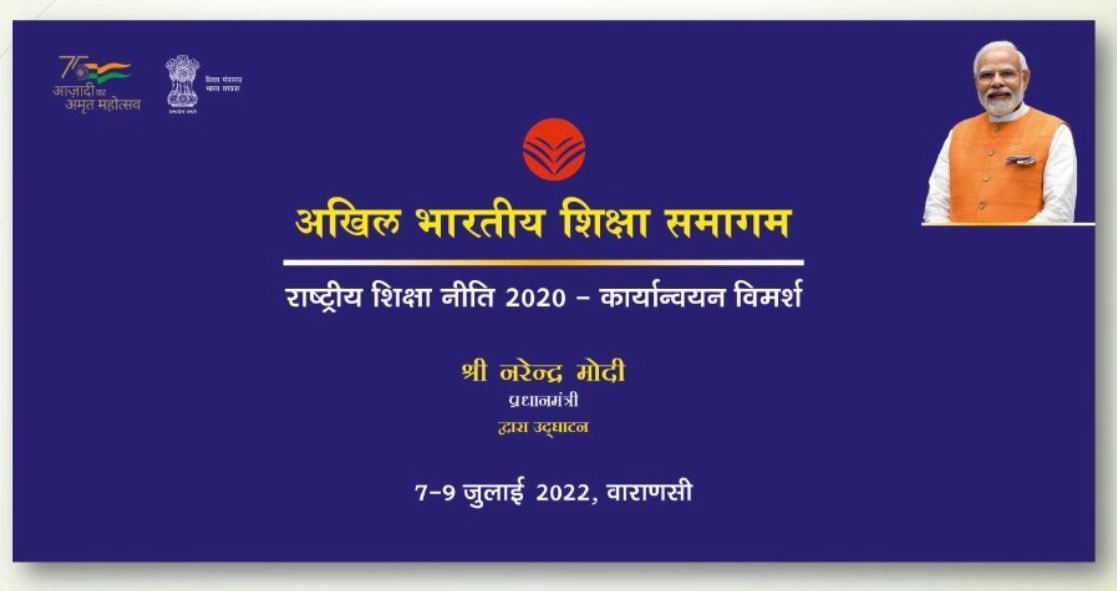"Two roads diverged in a yellow wood,And sorry I could not travel to both" What if you could? The UGC has recently announced a Double Specia
“Two roads diverged in a yellow wood,
And sorry I could not travel to both”

What if you could?
The UGC has recently announced a Double Specialisation Course. Now the students can have the liberty of opening-up multiple career options.
This facility will be available for all courses and their combinations. It will allow students to save up their years and make themselves more skilled and talented.
According to UGC’s recent announcement,
- One can pursue dual degrees through a two-shift system.
- Students can enroll in two different universities.
- Open and Distance Learning Mode can be used for the Second Degree.
The choice of degrees is up to students, though these should align in the domain of common interest to make this decision viable.
For Example, Economics and Computer Science, Computer Information Systems and Accounting, etc.
There will be difficulties while pursuing dual degrees, but the advantages far outweigh them. The benefits can be easily exploited if one is motivated and dedicated enough.

UGC has some excellent news for students who want to pursue Ph.D. Now, four-year UG Degree holders can get direct admissions into Ph.D. Students who have completed their FYUP with a CGPA of 7.5 or more are eligible to apply for the Ph.D. without completing the master’s program. It will help in improving the research ecosystem in our Higher Education Institution. Students who have a CGPA of less than 7.5 will have to do a one-year master’s degree to be eligible for a Ph.D. program. The commission has provided a relaxation of 0.5 CGPA to reserved categories and economically weaker applicants.
There will be a National Level Test for 60 percent of the admission seats and a university-level or state-level test for the rest of the seats.
UGC is also looking forward to developing a framework for top-rated foreign universities to open campuses in India. To do the same, they will let out a self-regulatory framework allowing foreign universities to promote and operate their establishment in India. It would include partnership programs between Indian and foreign universities.
Nearly 50 Universities are interested in opening campuses in India and will also offer Dual Courses.
For Example, The University of Glasgow, Scotland, has expressed interest in academic collaboration.
Several other Universities have also shown an interest in opening up Satellite Campuses in India. ( A satellite campus is a campus of a college or university that is physically at a distance from the original university or college area.)
Deakin University, Australia, in a conversation with the UGC, applauded the New Education Policy, 2020 as ‘progressive.’
It’s no doubt that the NEP is highly progressive when compared to the National Policy on Education in 1986. This 29th July, the New Education Policy turns two years old.
It is aimed at Affordability, Accessibility, Quality, Equity, and Accountability.
After almost two years, the House Panel has called for reforms in the Education Sector.
But why is this all happening?
It’s happening because only 30% of universities and 20% of colleges in India are under the Accreditation System.
The accreditation system creates benchmarks for educational institutions to meet specific guidelines and standards.
The NEP proposed an accrediting body, National Accreditation Council. Currently, the National Assessment and Accreditation Council (NAAC) under University Grants Commission (UGC) is responsible for grading institutes from A++ to C. If an institute receives D, that means it’s not Accredited. The issue here is that the grading given by NAAC is valid for five years. The House Panel has suggested that reviews should be done more often so that an institution is not stuck with grading for years without regular follow-ups.
The committee also suggests considering Exam Management as a norm for accreditation because it would help with rampant Exam Paper Leaks and make the Exams more foolproof.
Another issue is with the title, ‘Deemed University.’ Outside India, there is no such thing as deemed universities. In such cases, these so-called deemed universities should be allowed to use the term university to avoid confusion.
Parliamentary Panel wants to encourage more Funding and to do the same; it has suggested donations by alumni, individuals, and institutions to be 100% tax-deductible.
Lastly, the Panel has asked to look further into Distance Learning Courses as many deemed universities look into these courses to make easy money.
We hope that the panel’s suggestions will be looked at with adhering seriousness, and soon we will be able to see a reformed education system.


COMMENTS